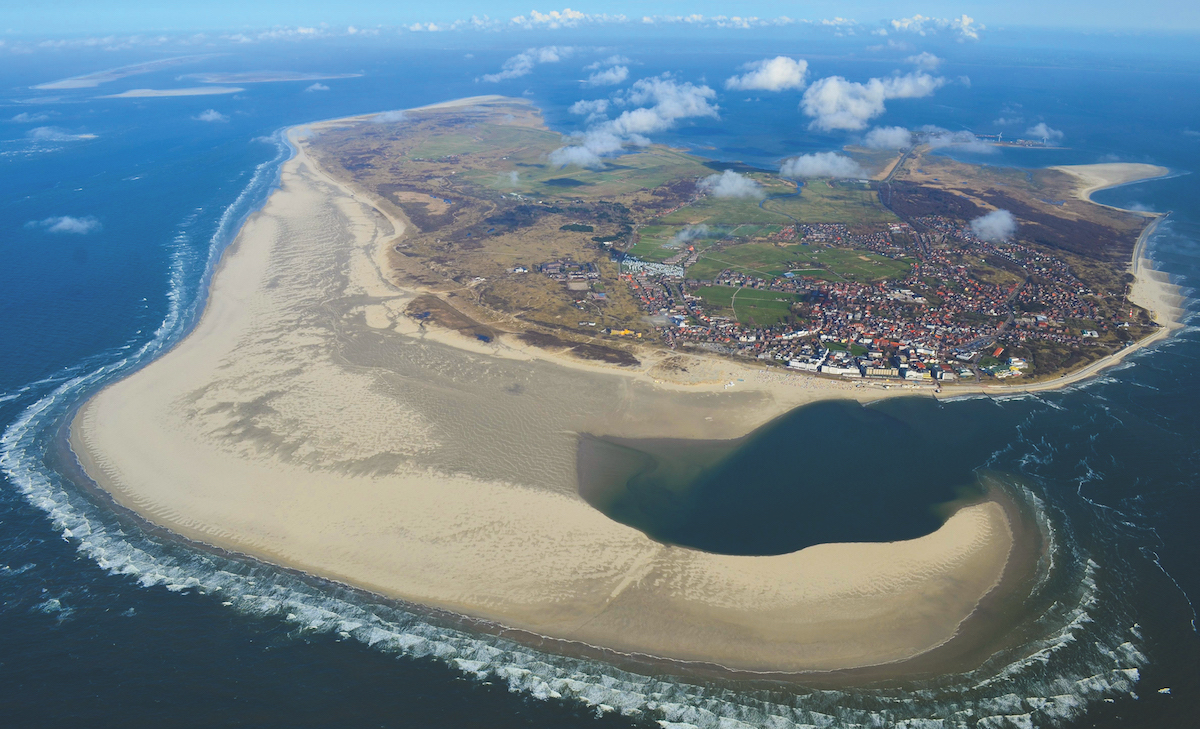A contentious gas extraction project off the coast of Borkum Island has received approval despite ongoing debate. The Lower Saxony State Office for Mining, Energy, and Geology (LBEG) in Hannover granted a Dutch energy company, One-Dyas, an 18-year permit for drilling that will extend into German waters.

The permit was issued after review and clearance by the Lower Saxony Ministry of Economic Affairs. It stipulates that gas extraction will cease if Germany’s energy transition plan reduces the need for natural gas. LBEG President Carsten Mühlenmeier emphasized that domestically sourced gas is significantly less harmful to the climate compared to imported gas, as long as gas remains a part of Germany’s energy mix.
Ongoing negotiations and potential legal challenges
The final decision on whether drilling will occur near the Lower Saxony Wadden Sea National Park remains unresolved. A bilateral agreement with the Netherlands is still required since the gas field spans both Dutch and German territories. Negotiations, which began in 2022, are ongoing according to the Federal Ministry for Economic Affairs, but no timeline has been provided.
Moreover, legal challenges are anticipated against the approval in Germany. The Deutsche Umwelthilfe (DUH) has indicated its intention to pursue legal action if the project is approved by Lower Saxony authorities.
Expected gas output and local opposition
One-Dyas plans to start gas extraction later this year from a field located between Borkum and Schiermonnikoog islands. Drilling will occur at depths ranging from 1.5 to 3.5 kilometers, with projected recoverable gas volumes between 4.5 and 13 billion cubic meters. For context, Germany consumed approximately 81 billion cubic meters of gas last year according to the Federal Network Agency.
Environmental groups and local residents in both Germany and the Netherlands oppose the project, citing potential environmental damage to the UNESCO World Heritage Wadden Sea and the islands. They argue that gas extraction contradicts climate goals. Recently, the climate activist group Fridays for Future staged protests on Borkum and outside the Lower Saxony Parliament in Hannover against the proposed gas extraction.
The Federal Ministry for the Environment had expressed concerns prior to the LBEG’s decision, criticizing the “entrenchment of fossil infrastructures” and expressing worry over potential impacts on marine protection.






